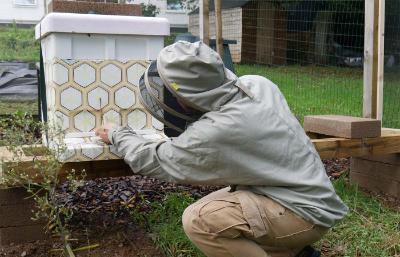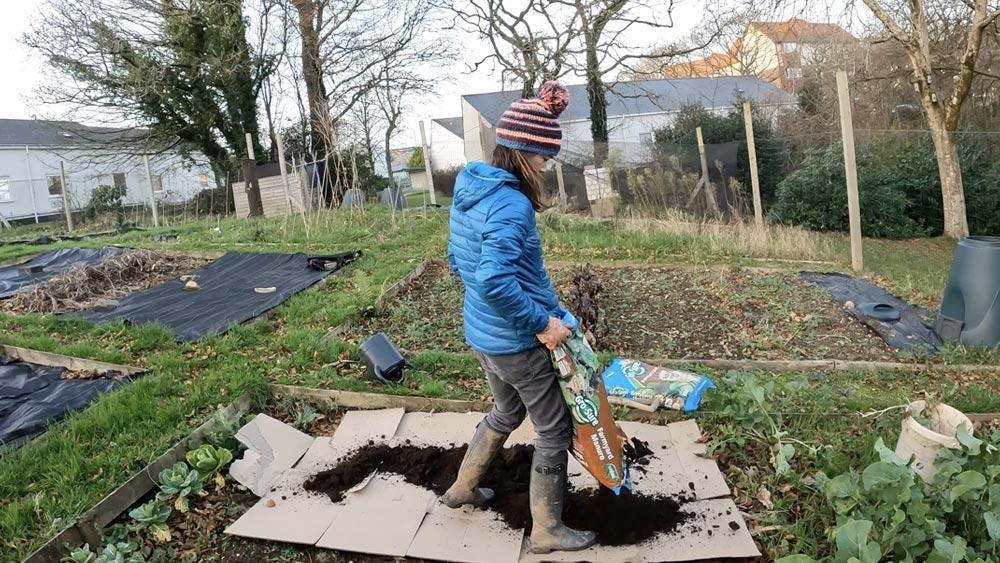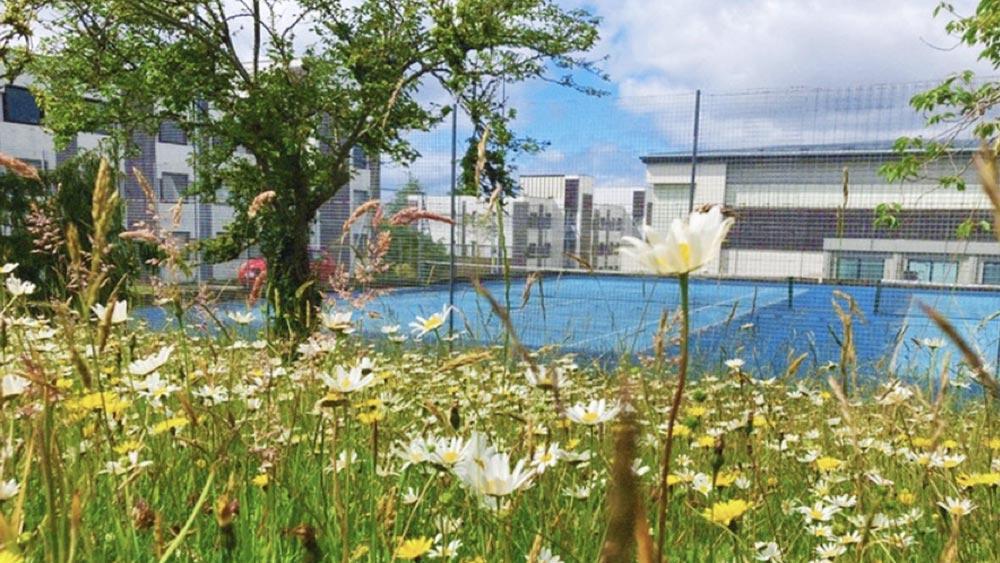Biodiversity on Campus
Marjon Campus. Plymouth Marjon University is located in the north of Plymouth. Our campus is approximately 17 hectares in size and comprises various habitats. To the south is Derriford Community Park, with Bircham Valley Local Nature Reserve being the closest section to the University. To the west, on the other side of Marjon Hill, is a site of special scientific interest; Plymbridge Lane and Estover Road. This is designated for the presence of the only known wild population of Plymouth Pear Pyrus cordata, a species afforded special protection under the Wildlife and Countryside Act, 1981. Plymouth has a number of Local Nature Reserves, three of which are within 2 km of the University campus. These are Southway Valley LNR (825 m), Whitleigh Wood LNR (1.7 km) and Woodland Wood LNR (1.7 km). With these areas nearby, we're in a position to welcome wildlife onto campus.
Pollinators
We've partnered with Pollenize CIC, a social enterprise which seeks to reverse the pollinator decline. As well as keeping beehives across Plymouth, Pollenize uses technology to analyse honey and pollen to understand local habitats better and inform climate-resilient planting. We're lucky to have our very own hive of native honey bees on the campus allotment. Students and staff have enjoyed various activities with Pollenize, from beehive inspections to biodiversity surveys (a.k.a. the Bioblitz).

Allotment

We have a campus allotment located behind the Student Village. The plan is to re-launch this so that it gets more use. This can be done by the creation of a student society group that manages the allotment. Students and staff can grow fruit, vegetables and herbs, and then learn a good recipe to cook with these items.
This will help teach students about seasonal cooking and eating, and how to grow and care for fruit, vegetables and herbs.
Using the allotment also acts as a way to socialise with others or could be a break in a staff member's working day to get some fresh air and move their body. Whatever the activity, getting staff and students outdoors will benefit their mental health and wellbeing.
Wildflower Meadow
We recognise the importance of creating rich biodiverse habitats for pollinators to thrive in. We have created a wildflower meadow in the Marjon quad. Using native plants, this space will is a colourful, fragrant environment to encourage nature and spark conversations about the importance of climate-resilient urban ecosystems.
Get Involved
If you would like to join the allotment or join Pollenize for a beekeeping session, please email sustainability@marjon.ac.uk or message us on Instagram here.
Continue exploring how you can get involved here.

